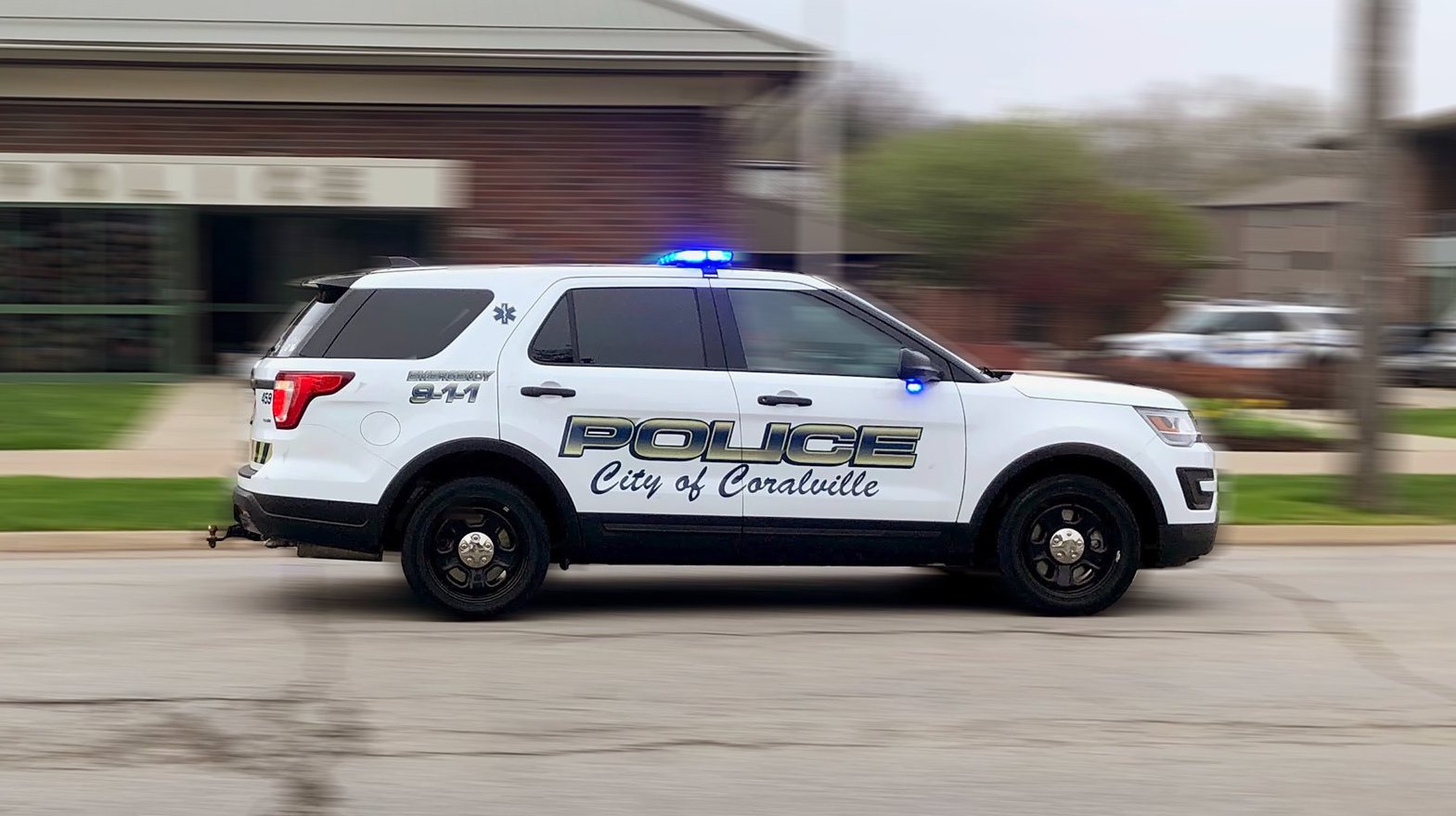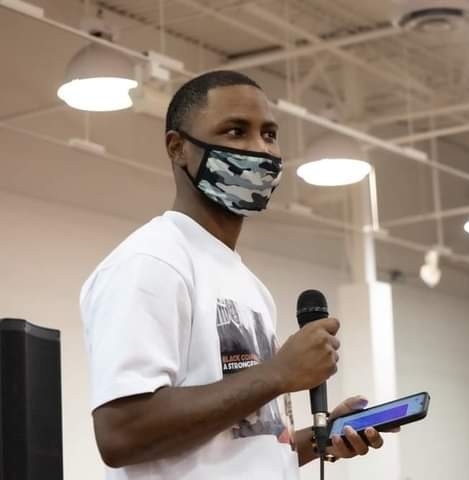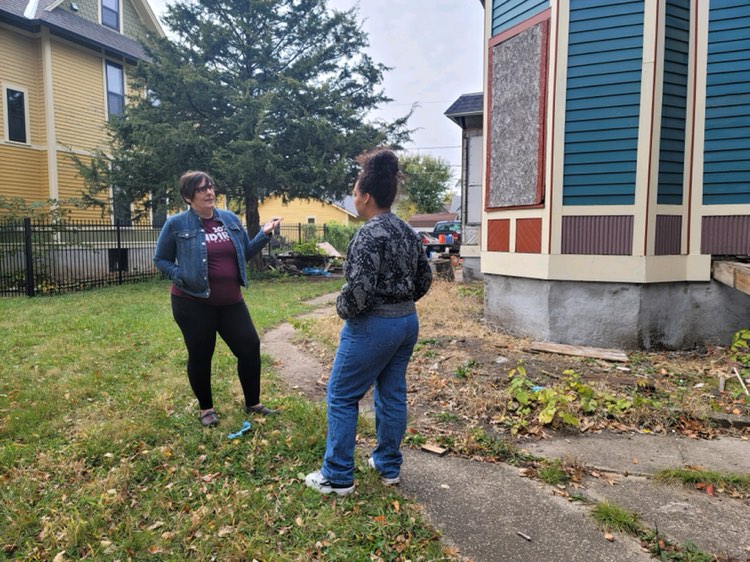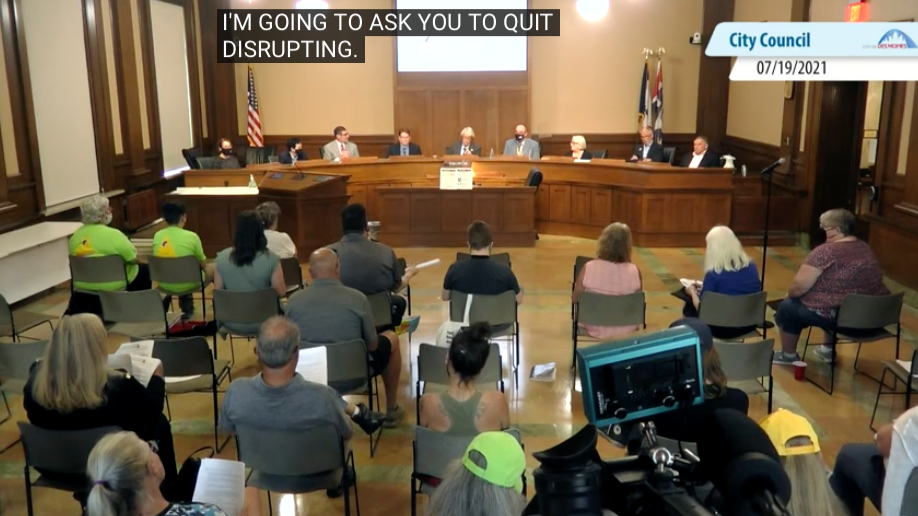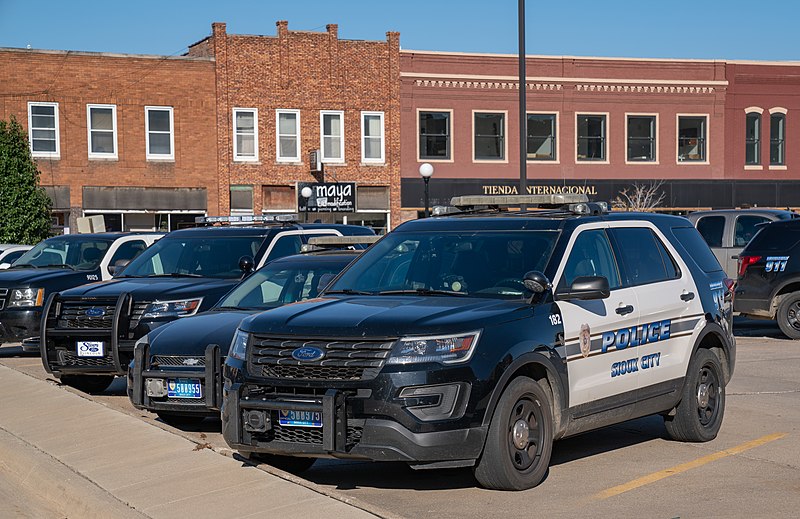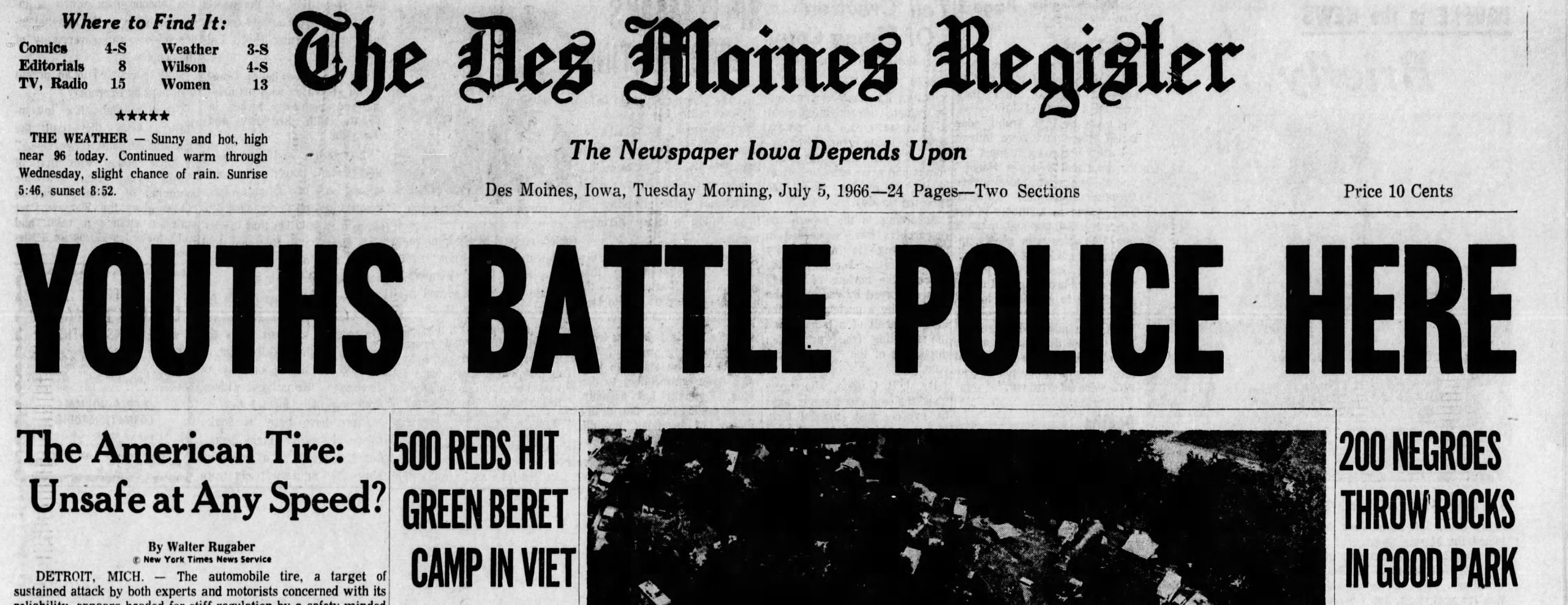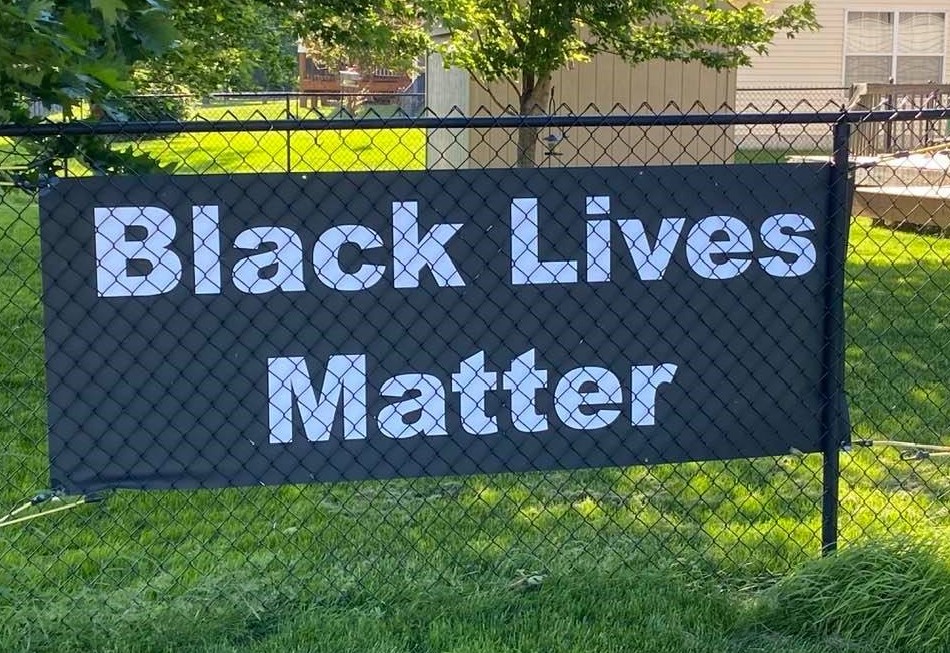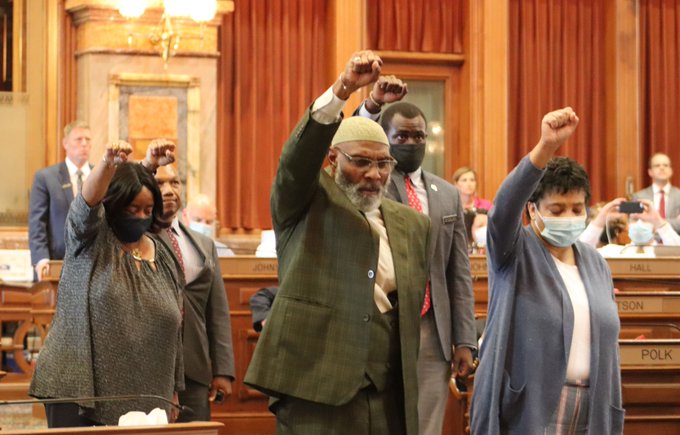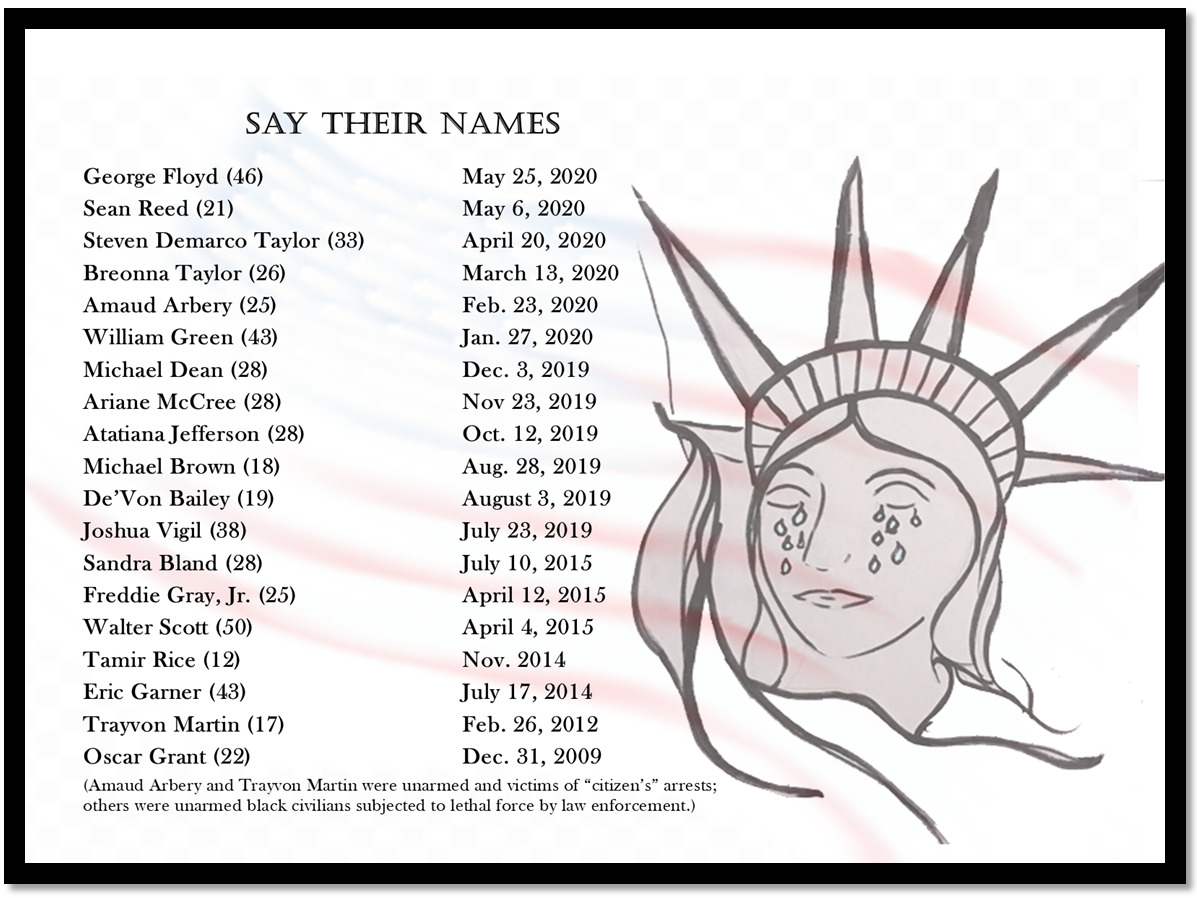Randy Evans is executive director of the Iowa Freedom of Information Council, a nonpartisan, nonprofit organization that promotes openness and transparency in Iowa’s state and local governments. He can be reached at DMRevans2810@gmail.com.
Governor Terry Branstad was frustrated eight years ago with what he believed was the inability of officials to tell the public why a government employee was fired or resigned under pressure.
In 2017, the first year of the Republican trifecta, Branstad shepherded through the legislature a bill overhauling public sector collective bargaining, which also included important new language in the public records law. It brought needed transparency and accountability to state and local government. No longer would “no comment” be an acceptable response when a journalist or interested citizen asked why the school superintendent, or a local police officer, or some other government employee was pushed out.
But a case now pending before the Iowa Public Information Board has the potential to reinforce Branstad’s and the legislature’s wisdom — or to weaken this important tool.
Continue Reading...








